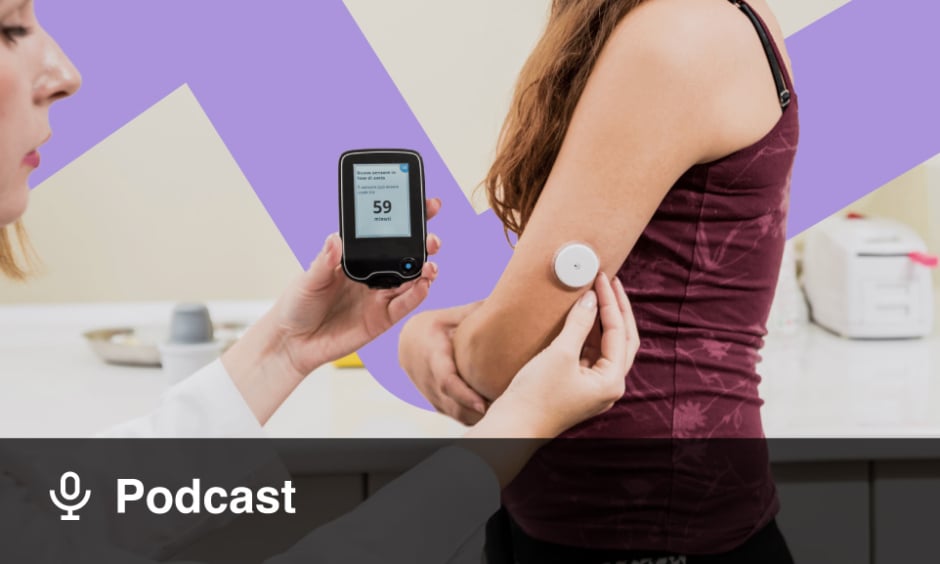A NEW study sheds light on the genetic factors contributing to the increased risk of Type 2 diabetes (T2D) in survivors of childhood cancer, particularly among non-Hispanic Black individuals.
The study, led by Cindy Im, Department of Pediatrics, University of Minnesota, Minneapolis, USA, analysed whole-genome sequencing data from the St. Jude Lifetime Cohort, comprising 3,676 survivors of childhood cancer, including 304 cases of clinically ascertained T2D. Leveraging this data, ancestry-specific genome-wide association studies were conducted among survivors with either African and European genetic ancestry, followed by trans-ancestry meta-analysis.
The results revealed four novel T2D risk loci, with three achieving genome-wide significance. These loci, including variants at 5p15.2 (LINC02112), 2p25.3 (MYT1L), and 19p12 (ZNF492), showed evidence of modifying alkylating agent-related T2D risk in both ancestral groups. However, the risk was disproportionately greater in survivors with African ancestry.
Further analysis showed that survivors treated with alkylators exhibited elevated T2D risks, particularly among those with higher polygenic risk scores for T2D. The study also found that the variant at the 19p12 locus was associated with greater dysregulation of ZNF492 expression after exposure to alkylators, highlighting the potential biological mechanisms underlying the observed genetic risks.
Overall, the findings suggest that therapy-related genetic risks contribute to the increased burden of T2D among non-Hispanic Black survivors of childhood cancer. The study underscores the need for additional research to better understand how therapy-related genetic susceptibility contributes to health disparities in this population.
Reference:
Im C et al. Trans-ancestral genetic risk factors for treatment-related Type 2 diabetes mellitus in survivors of childhood cancer. J Clin Oncol. 2024;DOI:10.1200/JCO.23.02281.








